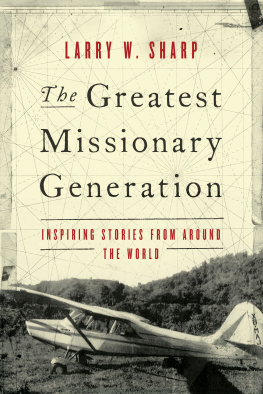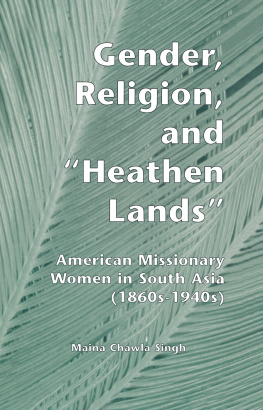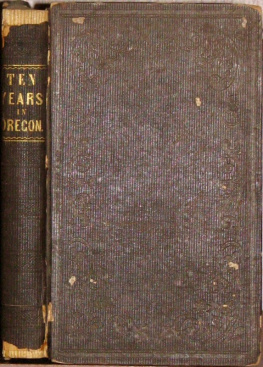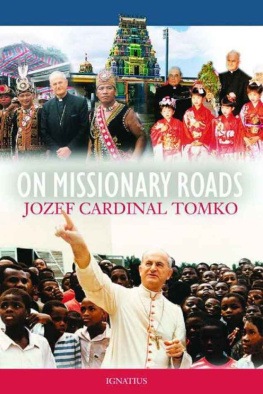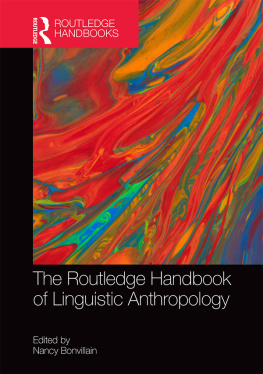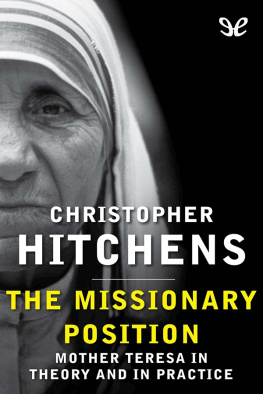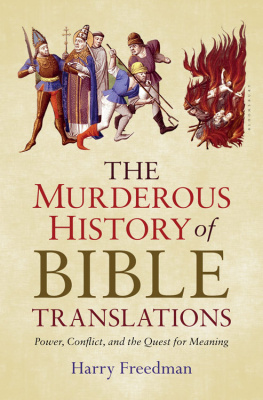Lars Kirkhusmo Pharo - Concepts of Conversion: The Politics of Missionary Scriptural Translations
Here you can read online Lars Kirkhusmo Pharo - Concepts of Conversion: The Politics of Missionary Scriptural Translations full text of the book (entire story) in english for free. Download pdf and epub, get meaning, cover and reviews about this ebook. City: Berlin, year: 2017, publisher: De Gruyter, genre: Religion. Description of the work, (preface) as well as reviews are available. Best literature library LitArk.com created for fans of good reading and offers a wide selection of genres:
Romance novel
Science fiction
Adventure
Detective
Science
History
Home and family
Prose
Art
Politics
Computer
Non-fiction
Religion
Business
Children
Humor
Choose a favorite category and find really read worthwhile books. Enjoy immersion in the world of imagination, feel the emotions of the characters or learn something new for yourself, make an fascinating discovery.

- Book:Concepts of Conversion: The Politics of Missionary Scriptural Translations
- Author:
- Publisher:De Gruyter
- Genre:
- Year:2017
- City:Berlin
- Rating:4 / 5
- Favourites:Add to favourites
- Your mark:
Concepts of Conversion: The Politics of Missionary Scriptural Translations: summary, description and annotation
We offer to read an annotation, description, summary or preface (depends on what the author of the book "Concepts of Conversion: The Politics of Missionary Scriptural Translations" wrote himself). If you haven't found the necessary information about the book — write in the comments, we will try to find it.
There has not been conducted much research in religious studies and (linguistic) anthropology analysing Protestant missionary linguistic translations. Contemporary Protestant missionary linguists employ grammars, dictionaries, literacy campaigns, and translations of the Bible (in particular the New Testament) in order to convert local cultures. The North American institutions SIL and Wycliffe Bible Translators (WBT) are one of the greatest scientific-evangelical missionary enterprises in the world. The ultimate objective is to translate the Bible to every language. The author has undertaken systematic research, employing comparative linguistic methodology and field interviews, for a history-of-ideas/religions and epistemologies explication of translated SIL missionary linguistic New Testaments and its premeditated impact upon religions, languages, sociopolitical institutions, and cultures. In addition to taking into account the history of missionary linguistics in America and theological principles of SIL/WBT, the author has examined the intended cultural transformative effects of Bible translations upon cognitive and linguistic systems. A theoretical analytic model of conversion and translation has been put forward for comparative research of religion, ideology, and knowledge systems.
Lars Kirkhusmo Pharo: author's other books
Who wrote Concepts of Conversion: The Politics of Missionary Scriptural Translations? Find out the surname, the name of the author of the book and a list of all author's works by series.




